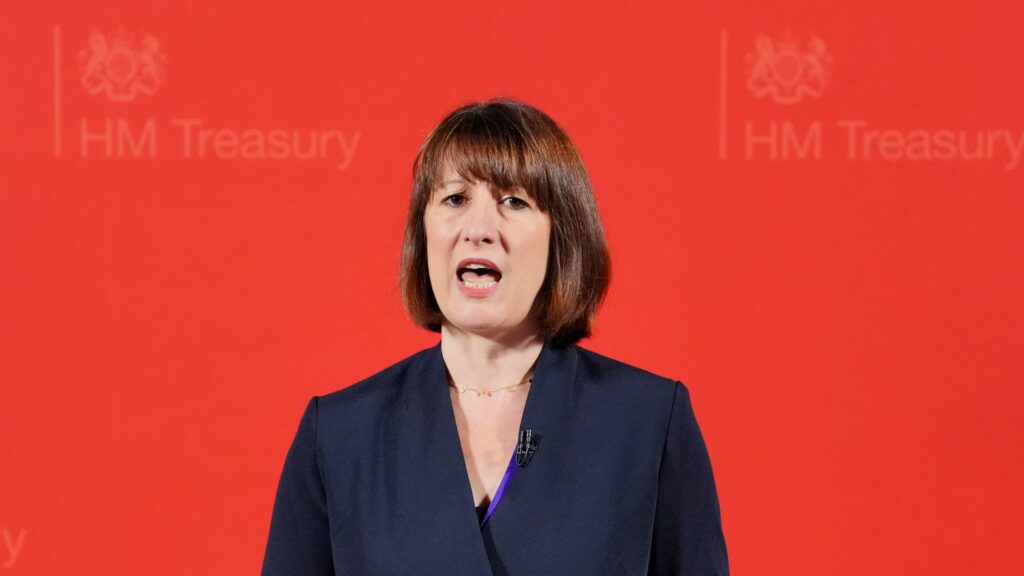Since every estate is different, the time it takes to settle the estate may also differ. Most times, an executor would take 8 to 12 months. But depending on the size and complexity of the estate, it may take up to 2 years or more to settle the estate.
Why does settling an estate take time?
An executor’s role may sound like a simple one but, in reality, there are several steps involved in settling the estate.
- Payment of Inheritance Tax
The executor must first evaluate the deceased individual’s estate which may include shares, properties, assets, pension funds, bank accounts, and personal belongings. He must also check if any debts are yet to be cleared. If so, their payment is deducted from the estate value.
After completing the evaluation, the executor can determine how much inheritance tax needs to be paid. He must pay it and submit the inheritance tax form within 6 months of the individual’s death.
- Obtaining the grant of probate
Once the inheritance tax is cleared, the executor must apply to the Probate Registry for the Grant of Probate – a legal document that gives the executor authority to administer the estate. It may take 3 to 6 months to obtain it. But for complex estates, it takes longer.
- Gathering the assets
After obtaining the grant of probate, the executor must gather in all the assets. It can include selling shares, cashing in life insurance, closing bank accounts and in some cases, selling house or property. Sometimes, the deceased have assets about which the family is not aware of. This causes a delay in gathering the assets.
- Settling outstanding debts
When the assets are gathered, the executor must settle all outstanding debts. He will want to give sufficient time so that all creditors can come forward because if they come after the assets are distributed, the executor becomes responsible to clear the debt. So, he will ensure that all the debts are cleared, which can take time.
- Distributing to the beneficiaries
After clearing debts, the executor can begin distributing the assets to all the beneficiaries. To do so, they first need to be contacted. This could take time if some of them are hard to find. Once everyone is contacted, the executor can begin distribution.
If you, as a beneficiary, are wondering why the executor is taking so long, make sure you consider the above reasons. But if you still feel the executor is taking too long, speak with him and ask for an explanation. In case you are still not satisfied, you can take legal action to replace the executor.
Can the executor of a will take everything?
The simple answer is no. The executor has the authority to hold the assets for a certain time for safe-keeping before distributing it. But he cannot withhold assets for any selfish benefit.
In a few rare situations, the fee of an executor exceeds the value of the estate in which case he will have to take everything. In other situations, the executor can take everything only if he is the sole beneficiary.
Can the executor of a will be a beneficiary?
In short, the answer is yes.
Only in a few cases, an attorney or accountant is appointed as executor and he may not be a beneficiary. Most commonly, however, a close relative or the spouse is appointed as executor because they are very familiar with the individual. When a relative is appointed, he or she is usually mentioned as a beneficiary in the will.
If you need an expert to review and execute your will, please contact Aristone Solicitors, our team of experts in estate planning and probate matters will ensure a smooth and quality service.



